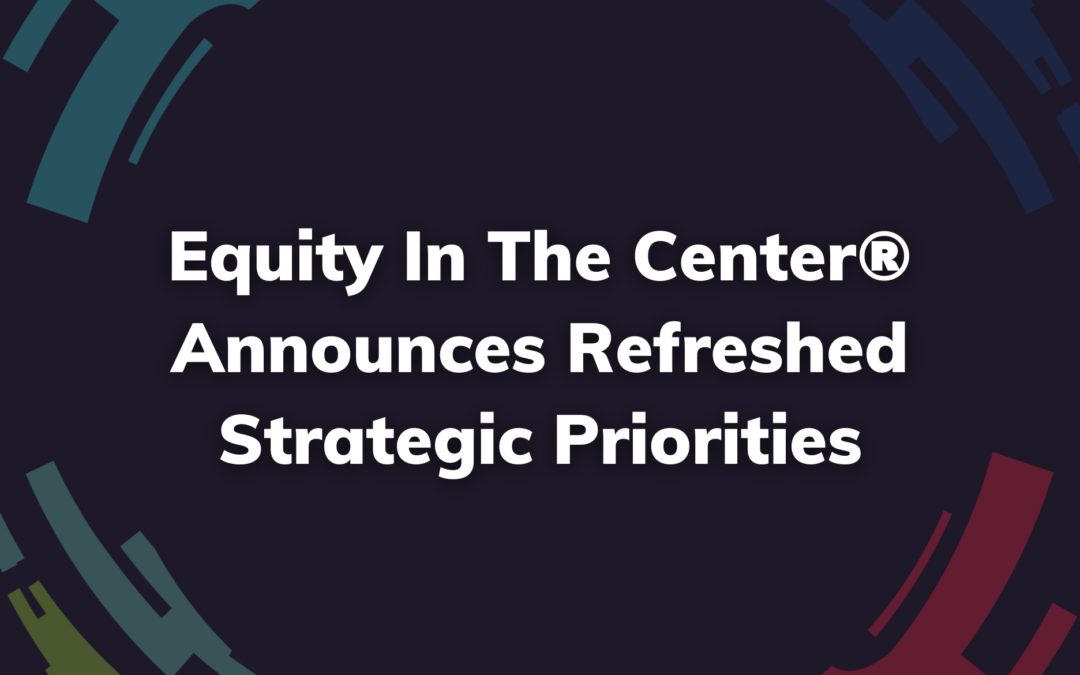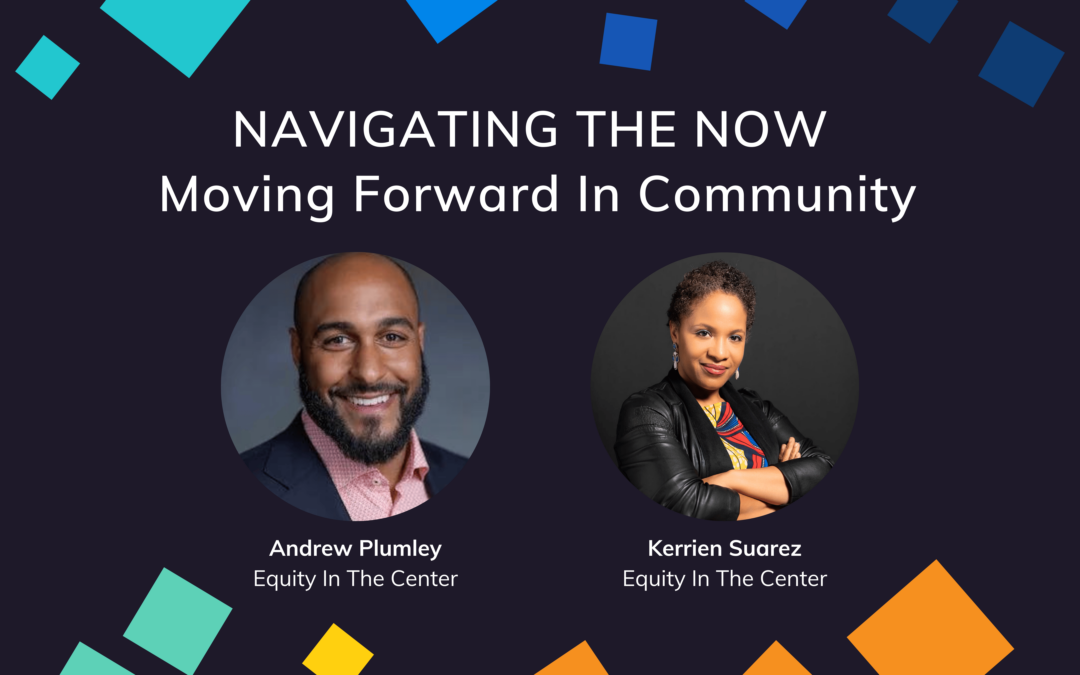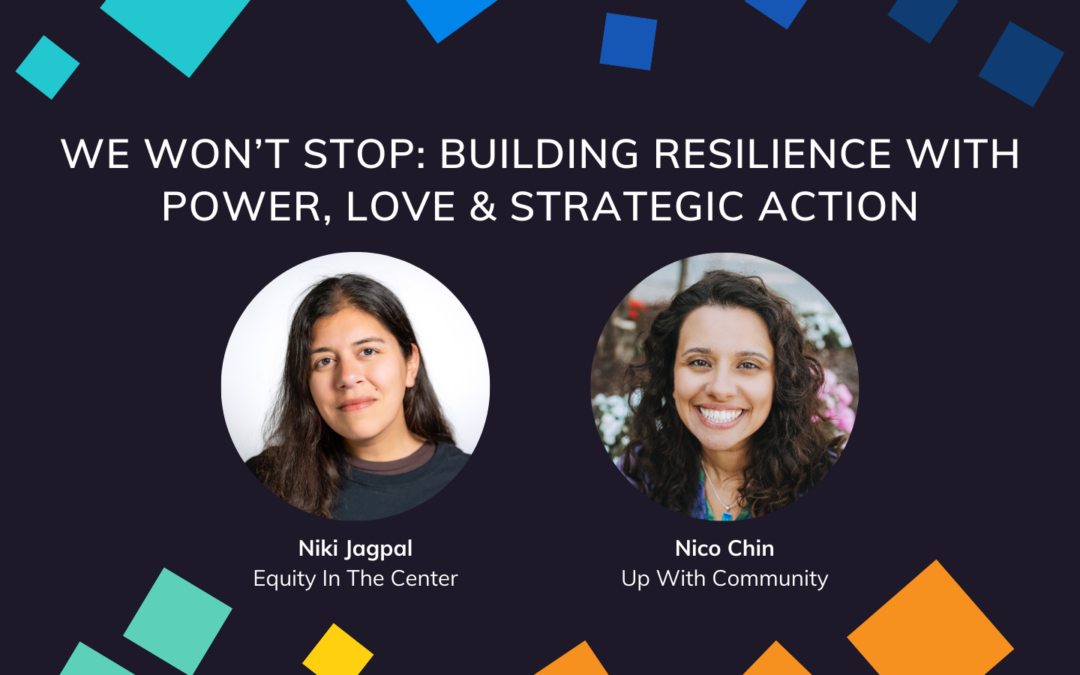By Kerrien Suarez

Note: EIC President Kerrien Suarez originally submitted this blog as a letter to an editor of the New York Times on behalf of the Deep Equity Practitioners Network. We encourage readers to share it with colleagues who are working on evolving their practice from a transactional focus on “DEI” to a transformational focus on race equity.
On Jan. 17, The New York Times published an opinion piece from Jesse Singal titled “What If Diversity Training Is Doing More Harm Than Good.” The article was a missed opportunity to highlight the benefits of organizational transformation focused on mitigating measurable identity-based inequities, a change that unfolds along a developmental continuum from diversity to inclusion to equity and is executed over years. The “gotcha” framing of the article focused on a well-known fact among equity practitioners and demonstrated in studies: transactional trainings focused on unconscious bias and “consciousness raising” yield little to no measurable benefit and can challenge morale in ways that degrade commitment to diversity and inclusion.
If organizations continue to do transactional work that prioritizes the “diversity” (presence of individuals with diverse identities) end of the developmental continuum over the robust culture, policy and operational change necessary to drive inclusion (treatment of those individuals as equally valued members of the organization) and equity (absence of identity-based disparities and structural barriers for those individuals), we will continue to see little progress. We will continue to see authors like Singal asking if trainings (ones which are not designed to yield measurable outcomes) are having an impact.
“Any organization that has an inclusive and equitable workplace culture knows that it takes time and that ‘consciousness raising’ is one small part of the effort to sharpen analysis of issues and implement robust solutions.”
There is ongoing dialogue on the role of diversity, equity, and inclusion training within organizations. Some rail against it as “woke racism.” Others see its focus on representation as beneficial, but struggle to understand the “business case” or any quantifiable impact beyond optics. Most focus on process (offering diversity training, recruiting individuals of diverse backgrounds) rather than championing the years-long organizational transformation required to address root causes and eliminate identity-based disparities in measurable outcomes. Any organization that has an inclusive and equitable workplace culture knows that it takes time and that “consciousness raising” is one small part of the effort to sharpen analysis of issues and implement robust solutions.
Grounding this work in a rigorous analysis of staff data (composition, compensation, engagement, recruitment, retention, et al.) and experiences can set an institution up to make progress toward equity over time. Many case studies have been published on equity transformation initiatives. PolicyLink and the Global Impact Investing Network (in partnership with CapEQ and PolicyLink) are developing cross-functional race equity standards to guide corporations and investors, respectively. AORTA, Crossroads Antiracism Organizing and Training and Equity in the Center published developmental frameworks outlining how organizations can shift from a focus on diversity to inclusion to equity over time. AORTA and Crossroads’ frameworks explicitly center anti-oppression and anti-racism, respectively, as outcomes of transformation. Building Movement Project published research on leadership challenges that arise when organizations conflate diversity with equity, and Racial Equity Tools curates resources to support organizations to transform systems (policies, practices, culture) and work toward racial justice.
“Transformation explicitly designed to shift systems, culture and narrow identity-based disparities can drive deep equity and yield positive, measurable outcomes for organizations.”
As a member of the Deep Equity Practitioners Network, my perspective is informed by collective decades of experience supporting organizations working to transform their culture, policies and operations to measurably narrow identity-based disparities, specifically with regard to race and ethnicity. Training focused on representation is generally short-sighted and ineffective, but organizational transformation explicitly designed to shift systems, culture and narrow identity-based disparities can drive deep equity and yield positive, measurable outcomes for organizations and the communities they serve.
We published a continuum outlining the capacity building components of deep equity work. As a network of seasoned, multi-identified, deep equity and liberation practitioners, we center race and intersectionality, commit to decolonization, and to dismantling white supremacy and structural oppression. The work for which we advocate is designed to have transformational impact, and should not be undermined.



